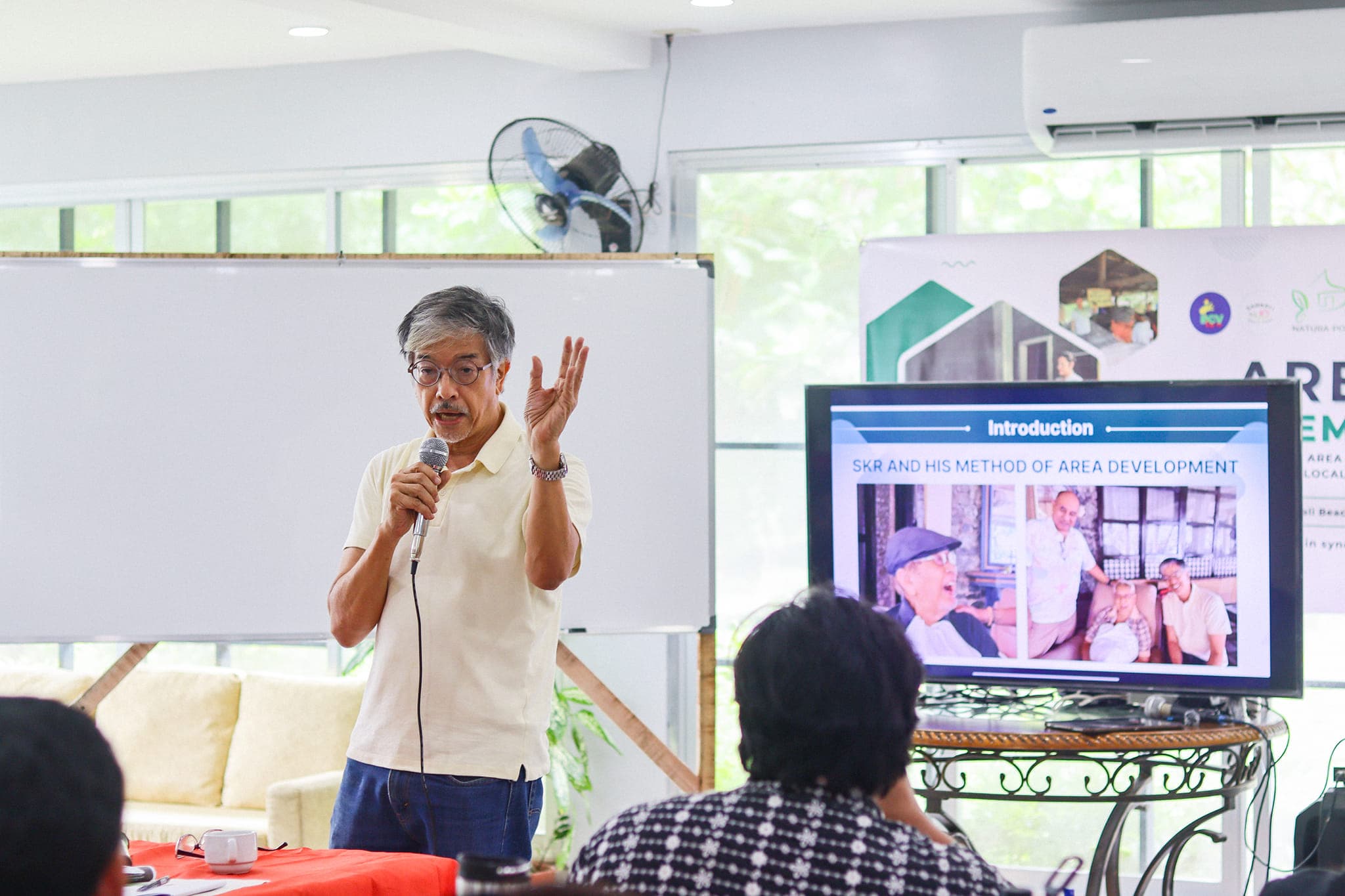Area Management101
Your gateway to understanding sustainable community development in the Philippine context. Master the fundamentals of local economic systems, bargaining power dynamics, and area-based approaches that create lasting positive impact.
Foundation Knowledge: Understanding the difference between area and product/sector management approaches
Philippine Context: Real case studies from coasts, uplands, and plains ecosystems
Practical Skills: Livelihood system mapping, bargaining power analysis, and project design

Course Overview
A foundational course designed to understand principles and practices of local social, economic development and natural resource sustainability within the Philippine context.
Introduction to Area Management
Concept, importance, and Philippine development context
Area vs. Product Management
Key differences, advantages, and Philippine case studies
Local Economy & Rationality
Economic components, rational decisions, and livelihood systems
Bargaining Power & Integration
Power dynamics, circular economy, and community strategies
Project & Synthesis
Group presentations and course wrap-up
Learning Objectives
Upon completing this course, students will be able to:
Teaching Methods
Lectures & Guest Speakers
Expert insights and real-world applications
Case Studies
Success stories and challenges in local development
Field Visits
Firsthand experience with local economic activities
Group Projects
Practical analysis and problem-solving
Role Plays & Simulations
Understanding bargaining power dynamics
Assessment Structure
Enroll in Area Management 101
Begin your foundation in sustainable community development and local economic systems. Join the next generation of area management practitioners.
Prerequisites
Course Information
Enrollment Process
Learning Resources
Custom Course Pack
RequiredSelected readings on area management and local economies
Philippine Government Publications
ReferenceNEDA, DILG reports and case studies
Community Development Resources
SupplementaryWorld Bank and ADB publications
Online Resource Platform
Digital AccessAdditional articles and case studies
Ready to Begin?
This course is designed to equip students with knowledge and tools to contribute to sustainable and equitable socio-economic development efforts in their communities.
Questions about enrollment?
Email: academics@iam.org.ph
Phone: +63 (47) 811-1234